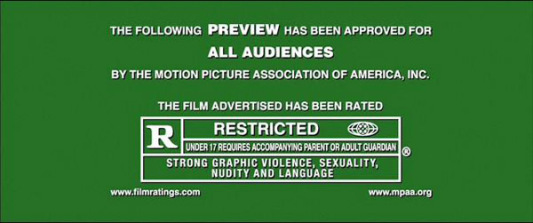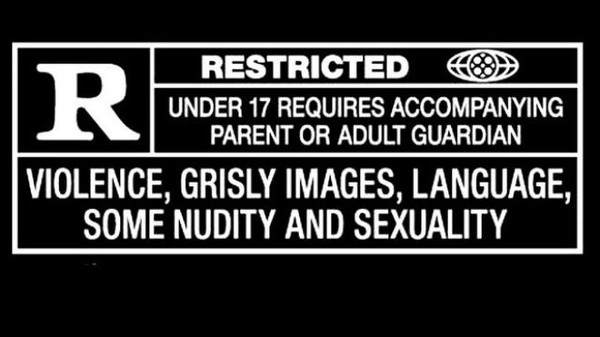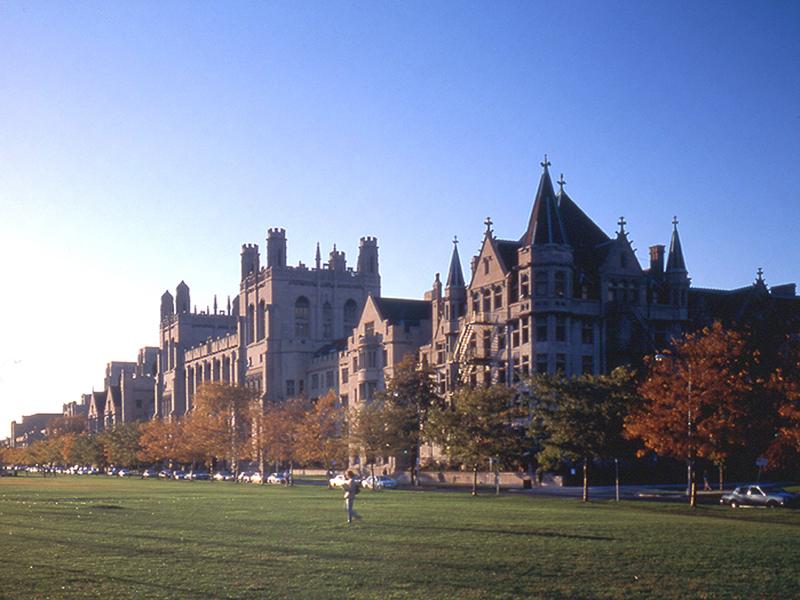Welcome Letter To Students Warns Them Of Disagreement, Discomfort, and a Lack of “Safe Spaces” or “Trigger Warnings”
Trigger Warning: This piece includes mention of free speech, disagreement, controversy and common sense.
Forgive the snarky opening complete with a trigger warning, but this week, the University of Chicago said something that has been on a lot of people’s minds: that higher education should be a place to meet ideas and perspectives at odds with one’s own, not a place to be coddled from them.
This week, John Ellison, Dean of Students at the University of Chicago, sent a welcome letter to the incoming Class of 2020 to inform them that of their commitment to academic freedom.
Some excerpts:
“Once here you will discover that one of the University of Chicago’s defining characteristics is our commitment to freedom of inquiry and expression.”
“Members of our community are encouraged to speak, write, listen, challenge, and learn, without fear of censorship. Civility and mutual respect are vital to all of us, and freedom of expression does not mean the freedom to harass or threaten others. You will find that we expect members of our community to be engaged in rigorous debate, discussion, and even disagreement. At times this may challenge you and even cause discomfort.”
“Our commitment to academic freedom means that we do not support so called ‘trigger warnings,’ we do not cancel invited speakers because their topics might prove controversial, and we do not condone the creation of intellectual ‘safe spaces’ where individuals can retreat from ideas and perspectives at odds with their own.”
Ellison’s welcome letter sounds a little like some comments made by President Obama back in September of 2015.
A few excerpts of that:
“[The purpose of college is] to widen your horizons; to make you a better citizen; to help you to evaluate information; to help you make your way through the world; to help you be more creative.
The way to do that is to create a space where a lot of ideas are presented and collide, and people are having arguments, and people are testing each other’s theories, and over time, people learn from each other, because they’re getting out of their own narrow point of view and having a broader point of view.”
“I’ve heard of some college campuses where they don’t want to have a guest speaker who is too conservative. Or they don’t want to read a book if it has language that is offensive to African Americans, or somehow sends a demeaning signal towards women. And I’ve got to tell you, I don’t agree with that either. I don’t agree that you, when you become students at colleges, have to be coddled and protected from different points of views.
I think that you should be able to — anybody should — anybody who comes to speak to you and you disagree with, you should have an argument with them. But you shouldn’t silence them by saying, you can’t come because I’m too sensitive to hear what you have to say. That’s not the way we learn, either.”
A number of people have commented on the illiberal activities on college campuses regarding speech and ideas, as there have been protests over speakers and “safe spaces” created in response to controversial figures. The critics of these college campus activists include feminist activists and vocal leftists.
“Safe spaces” and trigger warnings have become a popular demand among college students over the past few years, and I’ve always found it ironic because my five years in college over a decade ago taught me that college was a safe space – a safe space to explore new ideas and question things and argue and be wrong without it negatively impacting things like our employment or our lives out in the world. Experiencing different points of view, getting offended and learning how to get over it, were all things I learned in my time in college.
Trigger warnings present an interesting consideration. I’ve written on the problems with trigger warnings before, and why they exist and what they’re relevant for. The fact is, some people do have post traumatic stress disorder or other issues that may be “triggered” by certain things. As many advocates have stated, a trigger warning can simply inform a student or anyone else, that the material in the article/book/movie/course will contain certain topics or imagery, and so if one happens to be easily triggered by reminders of trauma, it is a helpful way of bracing oneself or even excusing oneself if the need is there.
We have had “trigger warnings” of a different variety for years – if you’ve ever noticed rating systems on movies, for example.


I do worry that overuse or over-demand of trigger warnings, and some of the behavior that accompanies them (such as protesting the content altogether instead of just warning about it), are not just dangerous to expectations of free speech but also, when abused, come off almost as cultural appropriation of people with actual trauma and needs.
Ultimately I think there may be some justification for content warnings in some circumstances, and I have no issue with a professor deciding to warn their students before potentially disturbing subject matter. I think voluntary “safe spaces” have an air of freedom of association to them, but to demand a college provide them is unnecessary, and I do think college should be an opportunity to allow yourself to be a little uncomfortable. It inspires empathy and growth.
Either way, the University of Chicago has effectively given a nice big trigger warning about trigger warnings to their students before their arrival. I think this is a positive step in the saga of college campuses, and I look forward to seeing how their academic year proceeds.





3 comments
… [Trackback]
[…] Find More here on that Topic: thelibertarianrepublic.com/university-chicago-deemed-safe-space/ […]
… [Trackback]
[…] Read More to that Topic: thelibertarianrepublic.com/university-chicago-deemed-safe-space/ […]
… [Trackback]
[…] Here you can find 66373 additional Info to that Topic: thelibertarianrepublic.com/university-chicago-deemed-safe-space/ […]